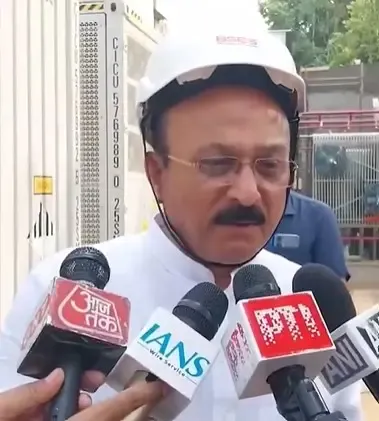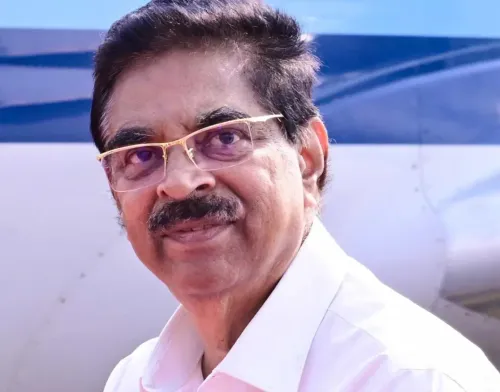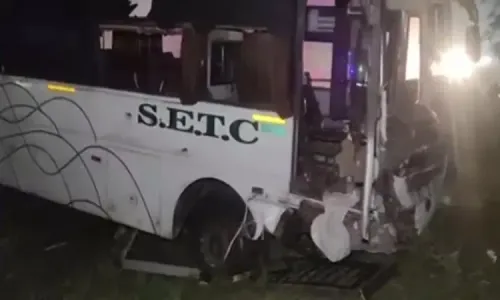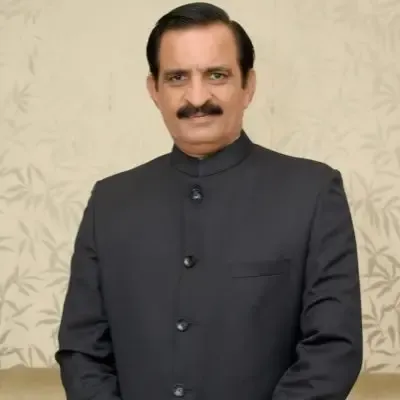Dedicated to Dependable and Secure Energy: Delhi Minister Ashish Sood Reviews BESS Facility in Kilokri

Synopsis
Key Takeaways
- Inspection of the first large-scale BESS facility in Delhi.
- Focus on safe and reliable electricity supply.
- Significant milestone in India's energy transition.
- Supports renewable energy and grid stability.
- Project expected to start operations soon.
New Delhi, April 16 (NationPress) Delhi Power Minister Ashish Sood visited the Battery Energy Storage System (BESS) facility in Kilokri on Wednesday to assess the city's inaugural large-scale power bank, established by BSES Rajdhani Power Limited.
Joined by senior officials from BSES, Sood examined the technical framework and the preparations underway for the impending rollout of the 20 MW/40 MWh battery storage system.
Describing this as a vital advancement in enhancing Delhi’s energy infrastructure, Sood highlighted the government's commitment to modernization and reliability.
“Our administration is firmly dedicated to advancing power infrastructure. Ensuring safe and dependable electricity is our utmost priority,” he stated to the media following the inspection.
The Kilokri BESS facility signifies a major milestone in India's energy transition, being the first commercial utility-scale battery energy storage system aimed at facilitating renewable energy integration and improving grid stability.
This system will store excess electricity from the grid during off-peak periods and make it available during peak demand or grid outages.
“Soon, this battery bank will be officially launched to the public. This technology allows for safe storage of grid electricity in batteries, which can later be utilized through a large industrial inverter during grid failures,” Sood added.
This groundbreaking initiative is part of the Central Government’s policy unveiled in September 2024.
The national strategy aims to achieve 4 GWh of battery storage capacity by 2026, reinforcing India’s ambitious renewable energy objectives and aiding in managing the growing load on urban power grids, including that of Delhi.
Sood also pointed out the increasing demand for electricity in Delhi, emphasizing that such technological innovations are crucial for ensuring an uninterrupted power supply throughout the city.
“As Delhi’s electricity demand continues to rise, these power banks are indispensable. This is our initial trial, and we are confident it will serve as a model,” he remarked.
The project is anticipated to be operational shortly.










